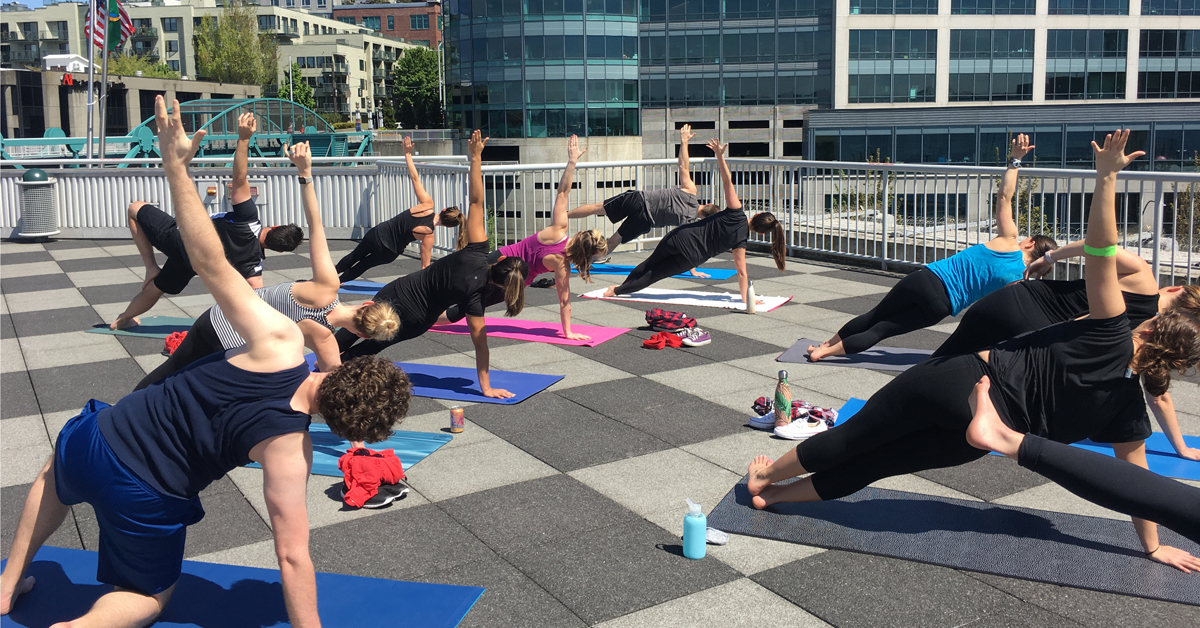Types of Wellness Programmes
• Biometric Screening
Biometric screenings, a long-standing pillar of wellness initiatives, involve assessing the physical features of employees, including their body mass index (BMI), blood pressure, cholesterol, glucose levels, and more. The primary focus of this kind of programme is physical wellness. The justification for doing biometric screenings at work is the idea that early disease identification and risk assessment might help workers become aware of their medical conditions and treat them more successfully. Several biometric screening initiatives serve as a conduit for enrolling high-risk workers in disease management initiatives.

• Financial Counselling
Financial wellness offers are one of the "hottest" topics in many health and wellness programmes, and their popularity is growing quickly. Several firms enlist the expertise of financial professionals to give employees with individualised support, such as financial planning or counselling. These sessions can take place in a group setting or one-on-one (more expensive) (more affordable).
• Fitness Classes
On-site fitness programmes are a terrific way for many businesses to promote fitness during the workday. These classes are frequently conducted in open areas like conference rooms. Group fitness programmes give employees the chance to socialise, forge bonds, and stay in shape while still being a fantastic workout. Also, research points to group exercise as the most effective form of physical activity for enhancing mental health. Fitness classes can therefore be a flexible tool for addressing one's physical, mental, and social well-being. Fitness lessons don't always have to focus solely on physical fitness. Guided meditation sessions are excellent ways to enhance wellbeing and reduce stress.

• Free Healthy Food
Complimentary meals have always been a favoured benefit among employees. Although tempting, salty chips and sweets might not be the ideal choice for a mid-afternoon snack. Organizations are choosing to fill their kitchen with more nutrient-dense options, such as snacks made of whole grains, healthy fats, and protein, to promote healthy eating. Given that it affects nutrition, this benefit falls under the category of physical wellness.
• Health Education
Due to its scalability and low cost, health education/literacy initiatives are typically the first project offered at organisations. These programmes give staff members access to timely, accurate, and relevant health information through on-site seminars, internet webinars, and other media including newsletters and wellness pamphlets. Employer-facilitated health literacy is vital because of the rise in the amount of false information that consumers can get online. Any wellness-related topic can be included in these educational sessions, depending on what the employer thinks is best for the workforce.

• Flexible Work Schedules
Employees with flexible work schedules can change the start and end periods of their workdays to better suit their demands outside of the workplace. It might also offer employees the chance to work remotely, doing their job-related responsibilities away from the workplace. Workers have personal concerns and obligations, like as caring for themselves and spending time with loved ones, that frequently need to be attended to at various times during the day. Employees are in control and can create a timetable that suits their needs thanks to flexible work arrangements. Flexible employment therefore has the potential to enhance all aspects of wellness, including emotional, physical, and occupational well-being.
